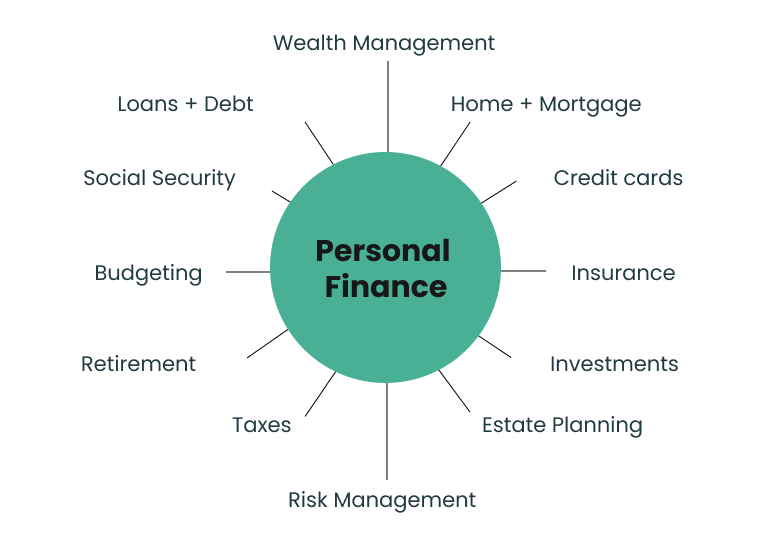
Starting a business can be an exciting and rewarding journey, but it comes with its fair share of financial risks. As an entrepreneur, it’s crucial to protect your personal finances to ensure the long-term success of your venture. In this blog post, we’ll explore several strategies you can implement to safeguard your personal finances when starting a business.
Separate Business and Personal Finances
One of the most important steps in protecting your personal finances is to keep your business and personal finances separate. This means opening a dedicated business bank account and credit card, and ensuring that all business-related expenses are recorded and tracked separately from your personal finances. This not only helps you maintain a clear understanding of your business’s financial health, but it also makes it easier to manage your taxes and avoid commingling of funds.

Establish a Business Entity
Choosing the right business entity, such as a limited liability company (LLC) or corporation, can provide an additional layer of protection for your personal assets. By establishing a separate legal entity for your business, you can limit your personal liability in the event of lawsuits, debts, or other financial issues that may arise. This can help prevent your personal assets, such as your home or savings, from being seized to pay for business-related liabilities.

Obtain Appropriate Insurance Coverage
Investing in the right insurance policies can help protect your personal finances in the event of unexpected events or liabilities. Consider obtaining business liability insurance, which can cover claims of negligence, property damage, or personal injury related to your business operations. Additionally, you may want to consider professional liability insurance, which can protect you in the event of errors or omissions in your professional services.
:max_bytes(150000):strip_icc()/4-types-of-insurance-everyone-needs.aspx-final-f954e12eb3074b178e4b53a882729526.jpg)
Develop a Solid Business Plan
A well-crafted business plan can help you anticipate and plan for potential financial challenges. By carefully analyzing your market, projecting your revenue and expenses, and identifying potential risks, you can make informed decisions that can help safeguard your personal finances. This includes setting realistic financial goals, budgeting effectively, and identifying potential sources of funding that don’t rely solely on your personal assets.

Prioritize Debt Management
As your business grows, it’s important to manage your debt carefully. Avoid using personal credit cards or loans to finance your business, as this can put your personal finances at risk. Instead, explore business-specific financing options, such as small business loans or lines of credit, which can help you keep your personal and business finances separate.

Seek Professional Advice
Navigating the financial complexities of starting a business can be overwhelming, so it’s important to seek professional advice. Consider working with a financial advisor, accountant, or attorney who can provide guidance on legal and financial matters, help you structure your business in a way that protects your personal assets, and ensure you’re complying with all relevant laws and regulations.

By implementing these strategies, you can help protect your personal finances while pursuing your entrepreneurial dreams. Remember, the key to success is to approach your business with a well-thought-out plan and a commitment to maintaining a clear separation between your personal and business finances.














